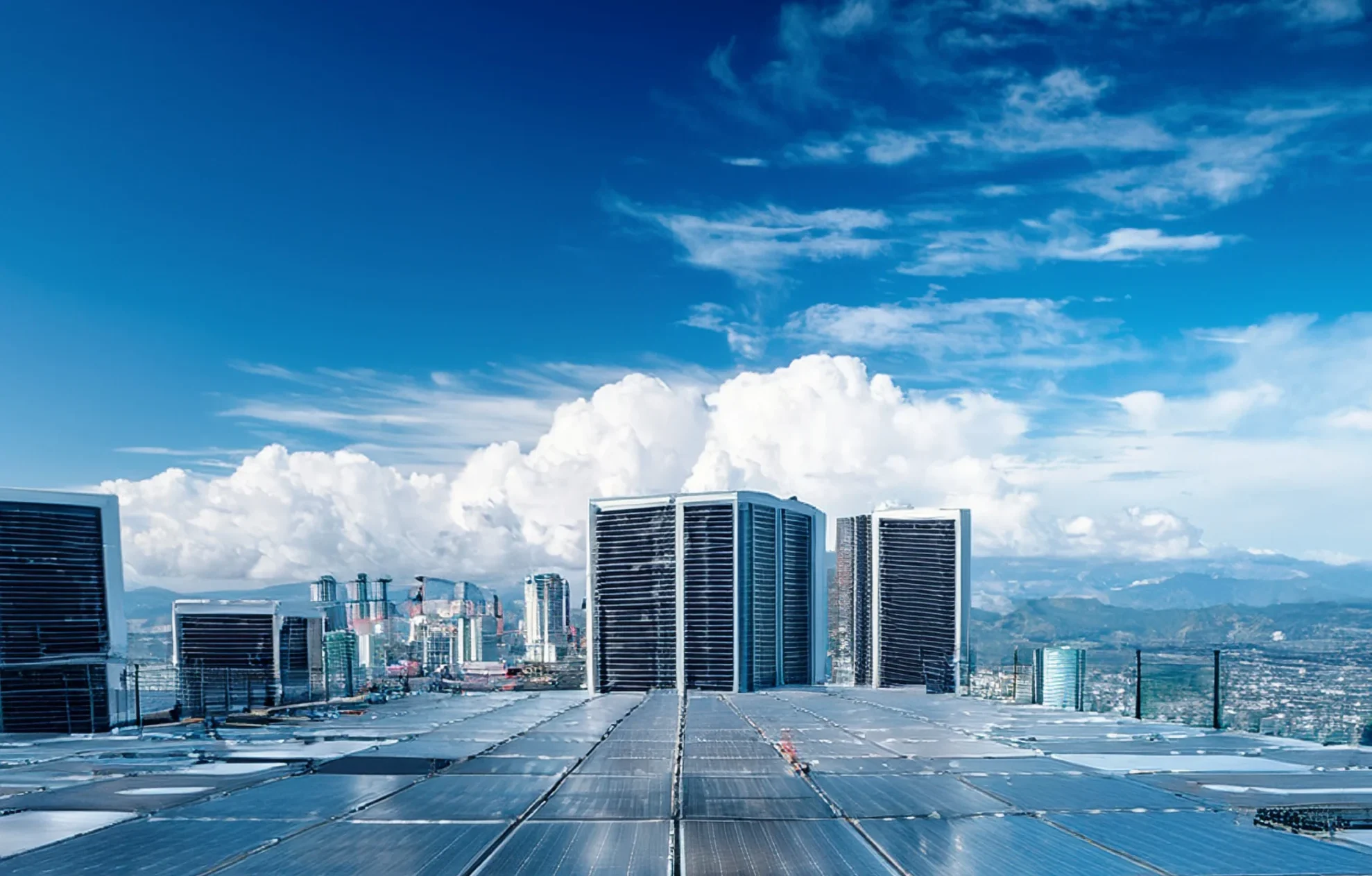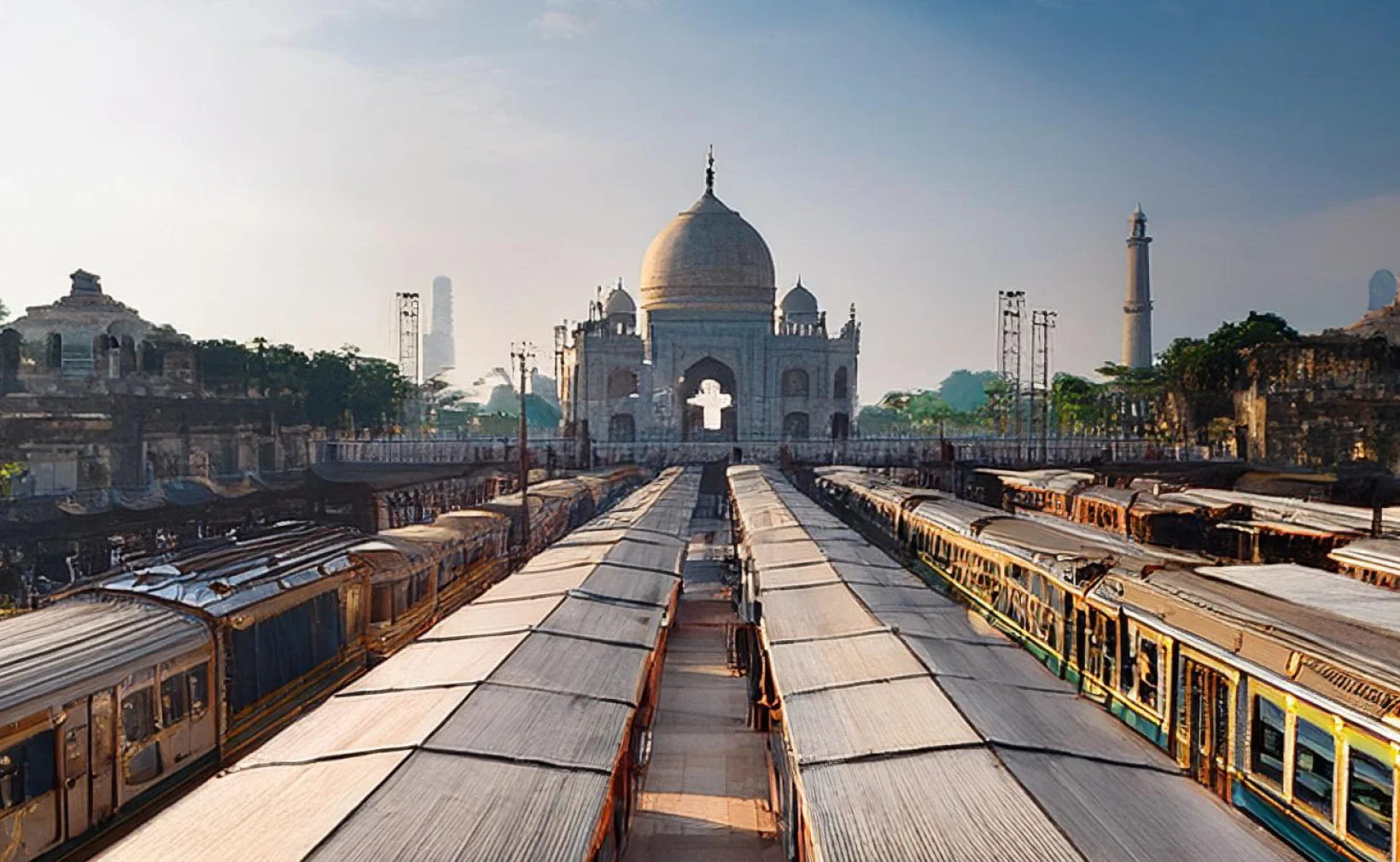Unveiling the True Cost of
Global Inflation
By Aniqa Yousaf

<>In the solitary glow of a computer screen, a video emerged, imprinting itself upon my consciousness, a stark depiction of inflation’s impact on human lives. An anchor’s interview with a lower-middle-class family revealed faces etched with worry, narrating a tale of economic hardship. They spoke of gas and fuel prices relentlessly climbing, rendering them unable to meet their bills, ultimately leading to the loss of essential services. In that moment, the harsh reality of inflation hit hard, not merely an economic statistic, but a narrative of struggle, resilience, and loss.
Venturing further, I discovered this family’s plight was not isolated. Across the globe, individuals and communities grapple with the insidious effects of inflation. According to the International Monetary Fund (IMF), global inflation soared to a staggering 5.8 percent in 2024, a testament to its pervasive nature. Moreover, this surge isn’t solely a consequence of economic mismanagement within individual nations. Geopolitical conflicts, such as the Russia-Ukraine war and enduring strife in Israel and Palestine, have exacerbated inflationary pressures worldwide.
The Russia-Ukraine conflict, erupting in 2022, triggered disruptions in energy markets, sending shockwaves across the globe. As major energy suppliers vied for dominance, prices of essential commodities skyrocketed, leaving households struggling. Similarly, unresolved tensions in Israel and Palestine injected further uncertainty into global markets, worsening inflationary pressures.
Yet, the roots of this crisis delve deeper than geopolitical strife. Globalization, while fostering interconnectedness and prosperity, has exposed economies to heightened vulnerabilities. Disruptions in one part of the world reverberate across borders, amplified by factors like supply chain disruptions, rising production costs, and shifting consumer behaviors, culminating in economic turmoil.
The consequences are profound and far-reaching. Families grapple with putting food on the table, workers face stagnant wages failing to keep pace with rising prices, and businesses struggle with shrinking profit margins. Social tensions simmer as inequalities widen, straining the fabric of societies.


You may be interested to read other articles: The Dying Earth,The Futuristic China’s Hegemony, The lasting impact of Music, Middle East Economy, Anton’s Invention Conquering the World.
However, amidst the gloom, a glimmer of hope persists. The human spirit is resilient, shining brightest in adversity. Confronting the challenges posed by global inflation necessitates a unified global effort to find solutions, a moral imperative. We cannot ignore the suffering of millions worldwide.
In conclusion, the time for action is now. Addressing the root causes of inflation, resolving geopolitical conflicts through diplomacy, and fortifying economies against future shocks are imperative. Yet, above all, we must never lose sight of the human toll of this crisis. Each statistic conceals a story, a narrative of struggle, resilience, and hope. It’s our collective responsibility to ensure these stories end in triumph, not despair.


